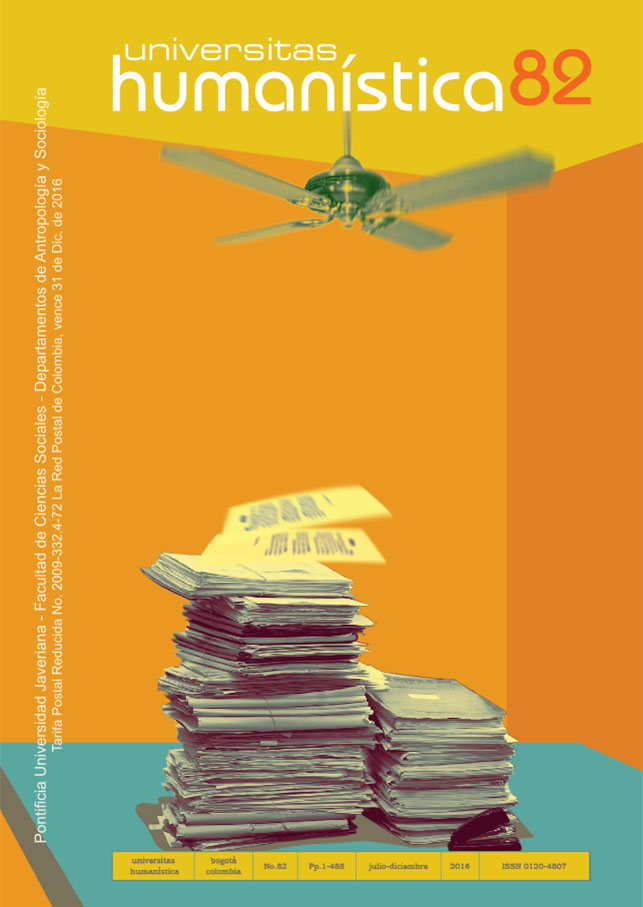Abstract
The purpose of this reflection article is to analyze the participation of the actors of the academic-scientific field in Chile in the implementation and development of an indigenous population management program, defined as a governance model characterized as ‘neoliberal multiculturalism’. Specifically, we present the ‘Orígenes’ program, aimed at indigenous populations in Chile, and we analyze the case of the Isluga Institute of the Arturo Prat University to demonstrate the existence of a link between the production and circulation of academic knowledge and the development of this model. Based on the analysis of interviews to researchers in the academic field of social and human sciences in Chile, as well as the analysis of curricula vitae and institutional documents, this article contributes to reflect from a critical perspective on the interaction processes between the academic field and the State. The cases shown allow us to conclude that the academic actors may perform as brokers, intellectually supporting and disseminating this model.

This journal provides immediate open access to its content on the principle that making research freely available to the public, encourages greater global exchange of knowledge.
The journal Universitas Humanística is registered under a Creative Commons Attribution 4.0 International Public License. Thus, this work may be reproduced, distributed, and publicly shared in digital format, as long as the names of the authors and Pontificia Universidad Javeriana are acknowledged. Others are allowed to quote, adapt, transform, auto-archive, republish, and create based on this material, for any purpose (even commercial ones), provided the authorship is duly acknowledged, a link to the original work is provided, and it is specified if changes have been made. Pontificia Universidad Javeriana does not hold the rights of published works and the authors are solely responsible for the contents of their works; they keep the moral, intellectual, privacy, and publicity rights.
Approving the intervention of the work (review, copy-editing, translation, layout) and the following outreach, are granted through an use license and not through an assignment of rights. This means the journal and Pontificia Universidad Javeriana cannot be held responsible for any ethical malpractice by the authors. As a consequence of the protection granted by the use license, the journal is not required to publish recantations or modify information already published, unless the errata stems from the editorial management process. Publishing contents in this journal does not generate royalties for contributors.


